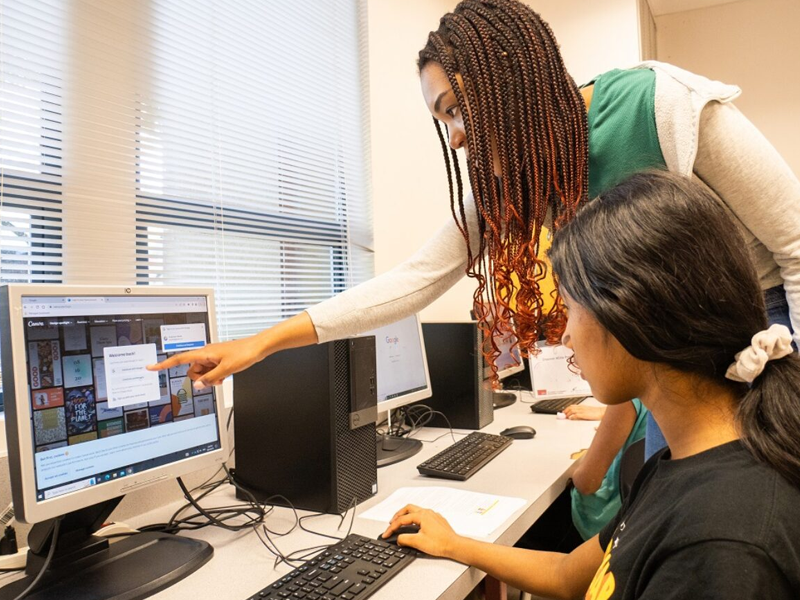Empowering children with cybersecurity awareness: a vital aspect of digital literacy

- 188
- 0
In today's digital age, children are growing up surrounded by technology, accessing the internet from an early age for learning, entertainment, and socializing. While the internet offers immense opportunities for education and connectivity, it also presents risks and challenges, particularly in terms of cybersecurity. Educating children about cybersecurity is essential to ensure their safety and well-being in the online world. In this article, we will discuss why children need to be informed about cybersecurity and provide practical tips for promoting cyber safety.
Why Children Need to Know About Cybersecurity:
Protecting Personal Information: Children often share personal information online, including their full names, addresses, and school details, without understanding the potential risks. Teaching children about the importance of safeguarding their personal information helps prevent identity theft, cyberbullying, and online predators.
Understanding Online Risks: Children may encounter various online threats, such as malware, phishing scams, and inappropriate content, while browsing the internet or using social media platforms. Educating children about these risks empowers them to recognize warning signs, avoid suspicious links, and report any concerning behavior to trusted adults.
Navigating Social Media Safely: Many children use social media platforms to connect with friends, share photos, and communicate online. However, social media can also expose children to cyberbullying, privacy breaches, and online harassment. Teaching children about privacy settings, responsible sharing, and respectful online behavior helps create a safer digital environment for all users.
Building Digital Resilience: Cybersecurity education equips children with the knowledge and skills to protect themselves from online threats and respond effectively to cyber incidents. By fostering digital resilience, children learn to navigate the online world with confidence, resilience, and critical thinking, mitigating the impact of cyber risks on their well-being.
Practical Tips for Promoting Cybersecurity Awareness:
Start Early: Introduce basic concepts of cybersecurity to children at a young age, emphasizing the importance of safe online practices and responsible digital citizenship. Use age-appropriate language and interactive activities to make learning about cybersecurity engaging and accessible.
Open Communication: Encourage open communication between children and parents or caregivers about their online experiences, concerns, and questions. Create a supportive environment where children feel comfortable discussing any online challenges or safety issues they encounter.
Set Clear Rules and Boundaries: Establish clear rules and boundaries for children's internet usage, including guidelines for screen time, appropriate websites and apps, and safe online behavior. Monitor children's online activities and provide guidance on how to navigate potential risks responsibly.
Educate About Phishing and Scams: Teach children to recognize common phishing techniques and online scams, such as fraudulent emails, fake websites, and requests for personal information. Encourage children to verify the authenticity of online communications and never share sensitive information with unknown individuals or websites.
Empower Critical Thinking: Promote critical thinking skills by encouraging children to question information they encounter online, fact-check sources, and consider the potential consequences of their online actions. Encourage children to think critically about the content they consume and share, fostering a skeptical yet discerning approach to online information.
Cybersecurity awareness is an essential aspect of digital literacy that empowers children to navigate the online world safely and responsibly. By educating children about cybersecurity risks, promoting safe online practices, and fostering critical thinking skills, we can help them become confident, resilient, and responsible digital citizens. By working together to prioritize cybersecurity education, we can create a safer and more secure online environment for children to explore, learn, and connect.
Published in The Daily National Courier, February, 23 2024
Like Business on Facebook, follow @DailyNCourier on Twitter to stay informed and join in the conversation.

















































